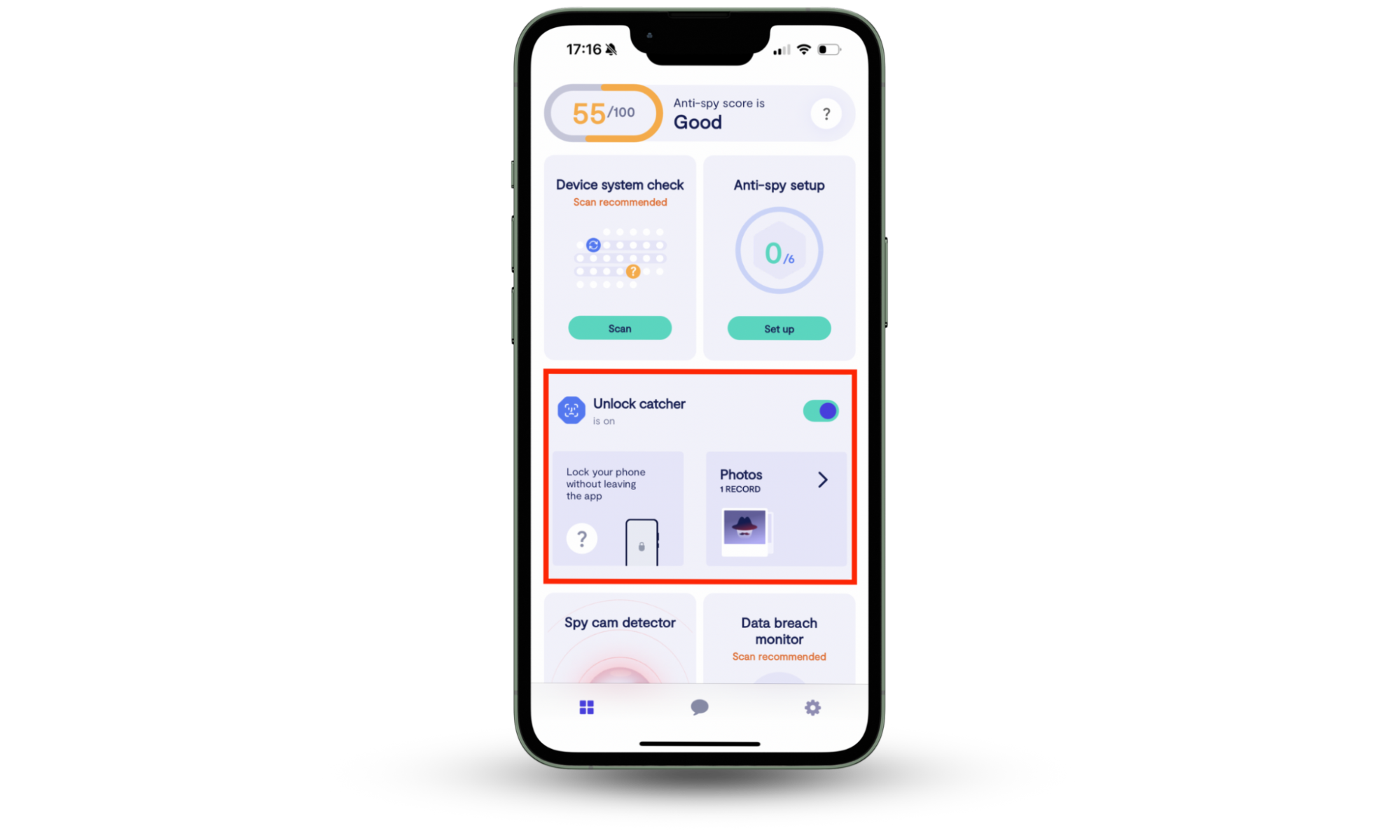Table of contents
- What are green flags in relationships
- Reasons to focus on green flags in relationships
- Relationship green flags checklist
- 1. Trust and reliability
- 2. Respect for boundaries and individuality
- 3. Open, honest, and respectful communication
- 4. Accountability and growth mindset
- 5. Emotional regulation and maturity
- 6. Empathy, kindness, and emotional support
- 7. Humor, joy, and positive regard
- 8. Collaboration through challenges
- 9. Mindful presence and consistency
- 10. Genuine curiosity and interest in you
- Conclusion
What are green flags in relationships
Green flags in a relationship are indicators that you’re likely to have a good, healthy bond with your partner. You may hear people talk about red flags in a relationship, or signs that someone is controlling, abusive, or just not right for you. Green flags are signs of the opposite—they’re ways to tell that your new love is kind, considerate, and accepting.
Reasons to focus on green flags in relationships
You should focus on green flags in a relationship to feel confident that you’ve chosen a good partner. Especially if you’ve been in unfit relationships in the past, it can feel hard to trust new people when you’re dating again. If you search for a partner who trusts you, makes you feel loved, and is honest with you, you’re more likely to end up with a healthy relationship.
Someone who seemed like a great person at first can turn out to be an abuser later. Sometimes, we ignore worrying signs that suggest a partner might turn nasty, or we make excuses for them. If you find yourself making excuses for a new partner, ask yourself why. Are you worried about being alone, or does your new love have some great qualities that mean you’re overlooking the bad signs?
Looking for green flags at the start of a relationship can reduce the risk of ending up in an abusive situation. For example, if you find a partner who can manage their anger, they are unlikely to be violent. If your partner truly trusts you, you’re unlikely to have a boyfriend spying on you.
Dealing with a controlling partner? Remember, it isn’t your fault. Talk to trusted friends and family about your feelings, and make a plan to get yourself to safety.
Sometimes you might want to gather evidence about a controlling boyfriend—especially if you’re not sure whether he’s monitoring you. Clario Anti Spy’s Unlock catcher lets you check who’s unlocking your phone, so you can tell if someone is spying on you.
Recently, a customer contacted the Clario team with concerns that something was different about their phone. One of Clario’s experts talked them through using the Unlock catcher. The customer soon discovered that one of their colleagues had been accessing their phone without permission—anyone could be stalking you!
How to check who’s unlocking your phone:
- Download Clario Anti Spy and subscribe.
- In the app, enable Unlock catcher, and lock your phone.
- When you return to your phone, check the Photos to see who’s unlocked your phone.

Relationship green flags checklist
Some green flags in a relationship include your partner showing trust, acting reliably, showing up consistently, respecting your boundaries, being honest about their own life, and taking accountability for their actions. Look out for signs that they have good emotional regulation and are genuinely interested in you and your life.
If you have to hide activities from your partner, or they mind when you do innocent things like spend time with friends, those are red flags. Learn about some of the signs of a stalker boyfriend, so you can make decisions about your safety if necessary.
1. Trust and reliability
If you’ve been in controlling relationships before, you might expect your partner to constantly check up on you. However, trust is a sign of a healthy relationship. If they encourage you to spend time with your friends, don't want to check your phone, and don't get jealous, these are all great signs.
It goes both ways, too—you need to trust your partner, as well. If they lie to you or avoid telling you anything about their life, be wary—these are red flags in relationships.
If you find it hard to trust because of past experiences, a good therapist can help you unpack your worries and move forward to enjoy a happy relationship.
2. Respect for boundaries and individuality
Respect for you is a big green flag in relationships. If you speak out about your boundaries or concerns, they should listen and not coerce you into changing your mind. You should both feel safe communicating your feelings to each other.
Your partner should also respect your choices. If they try to control what you wear, who you see, or where you go, be wary. A partner who tries to change things about you is a big red flag.
3. Open, honest, and respectful communication
It’s a green flag if you and your partner can be honest with each other and discuss things politely and respectfully. If you find yourself avoiding certain topics or hiding details about your life, these could be signs of an unhealthy relationship.
Most couples occasionally disagree, and it’s okay. However, it’s important to know your non-negotiables. If you disagree on your favorite food or what TV show to watch, that’s one thing—your relationship can still be happy and loving. On the other hand, there are some bigger principles that couples should agree on—such as whether to have children, financial goals, and where you’ll live.
4. Accountability and growth mindset
Make sure that they don’t blame others for everything that goes wrong. Can they take accountability for their own mistakes and choose to make changes if necessary?
Maybe your new love is still hung up on things from the past—like a previous job, former friends, or even an ex. If your new partner does this, it could be a serious red flag. Anyone who seems hung up on their ex or still gets upset about the end of a previous relationship is someone to avoid.
5. Emotional regulation and maturity
Everyone gets upset sometimes, and you and your partner will both have times when you feel mad or irritated. However, if your partner can regulate their emotions and still communicate respectfully, these are definitely green flags. They’re real signs of maturity and show that your partner is someone you can rely on.
In a healthy relationship, the person you love should never lash out angrily at you. It’s a serious red flag if your partner is often irate, vindictive, or resentful.
If you’ve had toxic relationships in the past or been a victim of abuse, you might not recognize unhealthy behaviors in new partners. For example, if you wonder if it’s normal to punch walls or whether it’s okay for guys to stalk their exes on social media, it’s NOT.
6. Empathy, kindness, and emotional support
In a healthy relationship, couples show empathy and support for each other. If one partner is having a tough time, the other is there to look after them. Things will change during your relationship, and you’ll need to support each other at different times. You’ll need to trust that you can provide that for each other.
7. Humor, joy, and positive regard
Enjoying things together, whether going on vacation, running, or watching TV, is important. Sharing a laugh is also great for your mental health—and a big part of all good relationships. Having a shared sense of humor can make everything seem easier. You’ll have fun together, get through conflicts more easily, and life will be more enjoyable.
8. Collaboration through challenges
There’ll be challenges in even the happiest and healthiest of relationships. When navigating stressful situations like buying a house, ill health, or financial difficulties, you’ll need to work together.
Your relationship is strong if you can handle stress without too many arguments. There might still be temporary negative feelings, but if you can work towards your shared goals and communicate respectfully, you’re in a healthy relationship.
9. Mindful presence and consistency
If your partner spends time being mindfully present with you, that’s a great sign. Mindful presence means that they’re focused on spending quality time together with you—for example, listening to what you say, rather than checking their phone all the time. Knowing you’re a priority for your partner can help you feel happy and confident.
A partner being consistent can help you feel emotionally safe. However, if you’re nervous around your partner because their mood is unpredictable and you don’t want to upset them, this could be a sign that you’re in an emotionally abusive relationship.
Sometimes, your partner might not be abusive, but you’re still not right for each other. One of you might be worried, seeking more reassurance and closeness, while the other wants more independence and is pulling away. Neither of you is necessarily wrong, but this isn’t a happy way to live. This pattern of relationship is called the anxious-avoidant cycle, and it’s not good for either partner’s mental health. You should look for a partner who wants the same level of connection, rather than trying to force it with someone who sees relationships differently.
10. Genuine curiosity and interest in you
One of the biggest green flags in a relationship is when your partner genuinely cares about you and what you like. Do they respect your hobbies, visit your family, and celebrate your successes? These are great signs of a healthy partnership.
Conclusion
If your partner trusts and respects you, takes accountability for their actions, is kind and empathetic, these are great signs. More green flags in a relationship are that you can be open and honest with them, you share interests, and they’re genuinely interested in your life. These positive signs can indicate that your partnership is healthy.
However, if you’ve noticed some red flags in your relationship, be careful. If your partner is emotionally immature or doesn’t trust you, they might lash out angrily, try to control what you wear, or even try to monitor what you’re doing online. You won’t always know whether your partner is spying on you, but Clario Anti Spy’s Unlock catcher can help you gather evidence, showing you who’s using your phone—so you can be aware if your partner is monitoring you.


